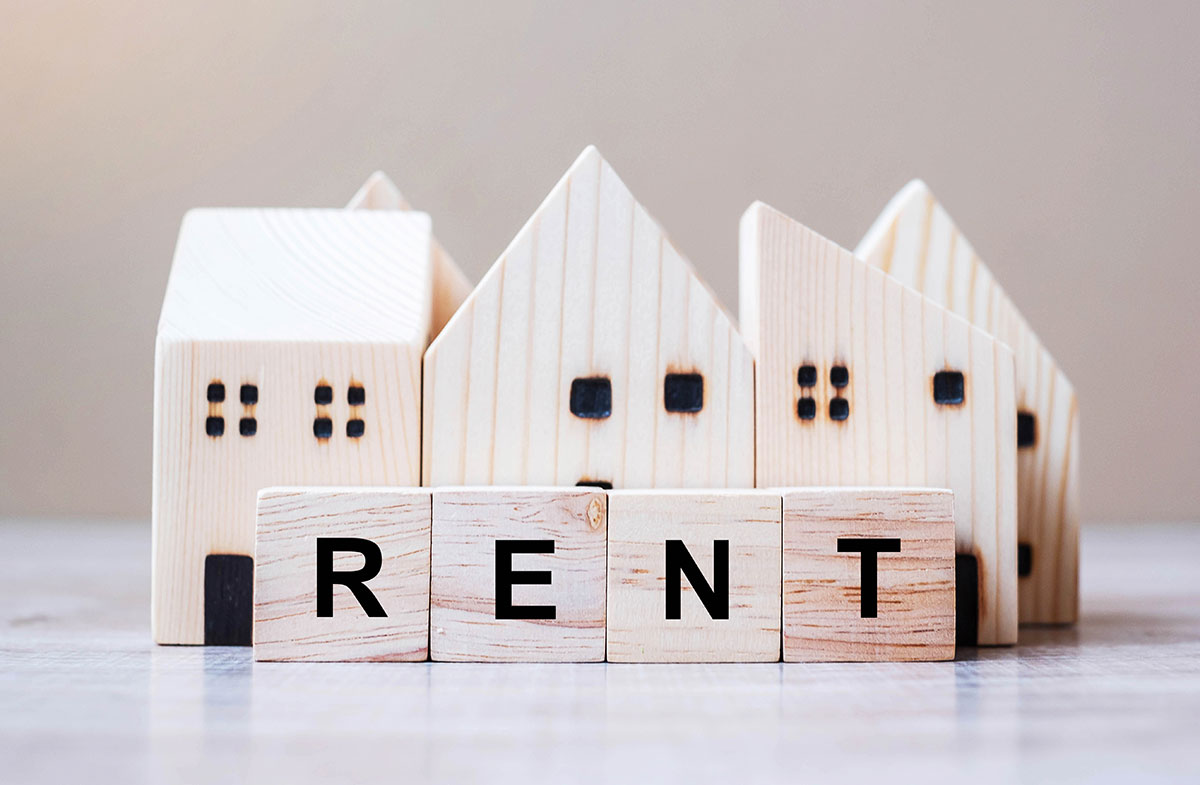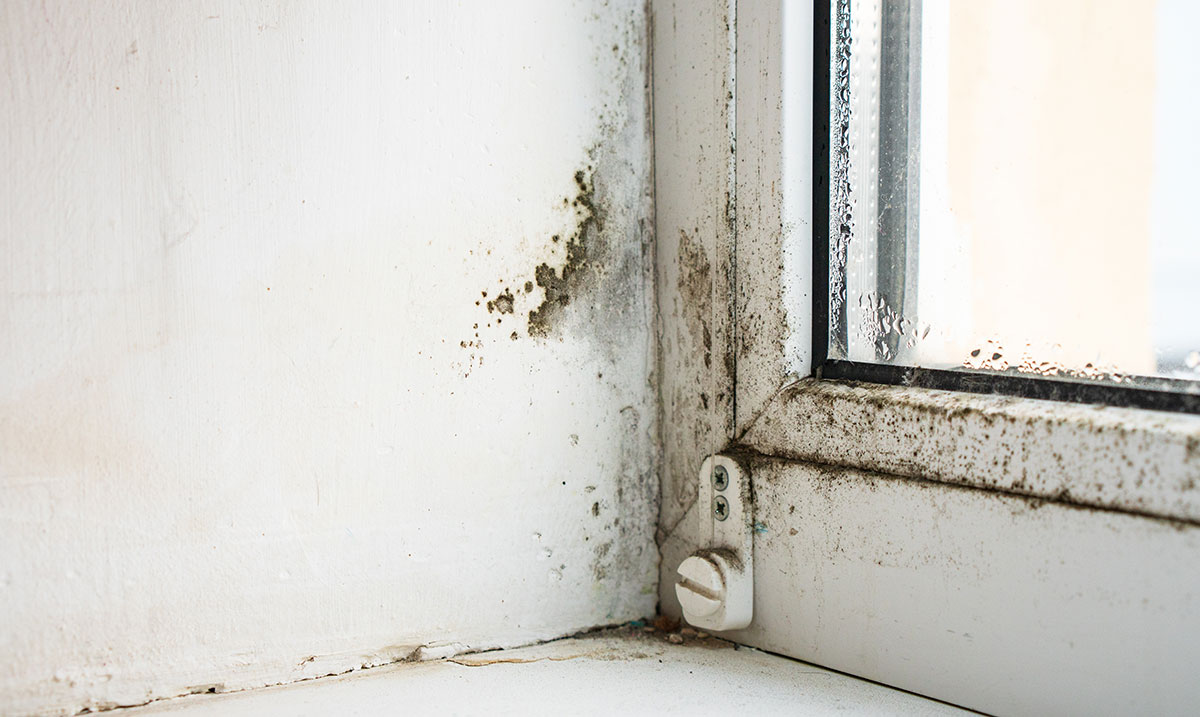
Dos and Don’ts of Dealing with Property Damage in Your Rental
Property damage in a rental property is an eventuality both landlords and tenants often face. Dealing with property damage in your rental can be challenging, but handling it with tact, respect, and legal awareness is essential. This post offers comprehensive guidance on the dos and don’ts for landlords and tenants alike.
Understanding the Basics of Property Damage
Property damage refers to any harm that decreases the rental’s value, usefulness, or normal function. This can include water damage, broken appliances, or even structural issues. The onus of responsibility is shared between landlords and tenants, so understanding this dynamic is crucial.
Dos and Don’ts for Landlords
When managing property damage, landlords should adhere to certain practices. Firstly, regular property inspections are invaluable. These checks help identify issues early on, preventing minor problems from turning into significant damages. Additionally, always maintain open communication with your tenants, and establish clear terms in your lease agreement regarding responsibility for damages.
Equally, responding promptly to repair requests is crucial. Not only does this build trust with your tenants, but it also prevents further damage from occurring. Lastly, always keep a detailed record of the property’s condition, which can be indispensable when dealing with damages or security deposit disputes.
However, there are practices landlords should avoid. Never neglect your maintenance responsibilities, as this can lead to bigger issues down the line. Ignoring tenant complaints is another pitfall to avoid; addressing concerns promptly can help prevent further damage and reduce potential conflicts.
Delaying repairs is a definite don’t. Timely fixes prevent minor issues from escalating into major problems. Also, don’t overlook the importance of adequate property insurance coverage. Finally, while inspections are necessary, don’t violate your tenant’s privacy rights during these checks; always provide sufficient notice per local laws.

Be sure to know how to deal with property damage in your rental.
Dos and Don’ts for Tenants
Tenants also have roles to play in managing property damage. Always report damages immediately to your landlord. This allows for prompt repairs and helps maintain the property’s overall condition. Also, familiarize yourself with your lease agreement, and understand your responsibilities regarding property care.
Importantly, tenants should maintain the property well, treating it with the same respect as their home. Furthermore, keep records of any reported issues. This can help resolve any disputes that may arise regarding the damage.
Conversely, don’t attempt to hide damages from your landlord. This can lead to larger issues and potential conflict down the line. Avoid making unauthorized repairs or alterations, which can result in further damage or even violate your lease agreement. Also, don’t ignore your landlord’s notices for repair or inspection.
Understanding the Legal Aspects of Property Damage
Both landlords and tenants have legal obligations when dealing with property damage. Understanding these can prevent legal issues and foster a better landlord-tenant relationship. Always stay informed about local and state regulations regarding rental properties.
Amid this discussion, it’s crucial to mention questions to ask potential tenants. This tool can help landlords screen tenants effectively, reducing the likelihood of property damage. For first-time landlords, don’t shy away from seeking advice. There are plenty of “Tips For First Time Landlords” that can guide you through handling tenant conflicts and other challenges.

Be sure to know how to deal with property damage in your rental.
Moving and Property Damage
Moving can be a stressful time, often exacerbating potential property damage. As a tenant, check if everything is in order and ensure you leave the property in the same condition as when you moved in. For landlords, a comprehensive move-in/move-out checklist can help track the property’s condition and identify any potential damage. This process encourages a smooth transition for all parties involved.
Handling Tenant Conflicts
Tenant conflicts are sometimes unavoidable in property management. They can arise due to various issues, including property damage. In handling tenant conflicts, clear communication is key. Approach conflicts with an open mind and strives to understand the tenant’s perspective.
Always keep discussions professional, and refer to the lease agreement to clarify any misunderstandings. If conflicts escalate, consider mediation or legal assistance to resolve the issue.

Talking to your tenants is important.
The Role of Insurance in Property Damage
Insurance plays a significant role when dealing with property damage in your rental. For landlords, insurance covers property damage caused by certain events like fire, vandalism, or natural disasters. Experts at Homegrown Moving and Storage Colorado recommend always getting insurance, as it will save you in many situations. On the other hand, tenants should consider renter’s insurance. It can cover personal property damage and sometimes even damage to the rental property itself. Understanding your insurance coverage and ensuring it is adequate is crucial in protecting yourself from unforeseen circumstances.
The Impact of Property Maintenance
Regular property maintenance can go a long way in preventing severe damage. For landlords, this includes routine inspections and upkeep of the property’s structural elements. For tenants, regular cleaning and immediate reporting of any minor issues can help keep the property in good condition. A well-maintained property is less likely to experience significant damage, saving both parties time, money, and stress.
Tips For First-Time Landlords
It can seem overwhelming if you’re venturing into the world of rentals for the first time. Learning some tips for first-time landlords can streamline your journey. It’s crucial to understand the legalities surrounding rental properties in your area. Build a reliable network of contractors for repairs and maintenance. Perhaps most importantly, develop a comprehensive lease agreement that clearly outlines both parties’ responsibilities regarding property damage.
Educating Tenants: A Proactive Approach
Landlords can also take a proactive approach by educating tenants on the proper use of appliances, plumbing, and other rental property features. This can help prevent accidental damage due to misuse or misunderstanding. This might be particularly useful for first-time renters who may not be familiar with the maintenance and care required for certain aspects of a property.

Talking to your tenants is important.
The Effect of Property Damage on Property Value
Unchecked property damage can negatively impact the value of your rental property. It’s in the best interest of both parties to address and rectify damages promptly to maintain the property’s value. This is particularly important for landlords when it comes time to sell or rent to a new tenant and for tenants hoping to reclaim their full security deposit.
In conclusion, dealing with property damage in your rental is multifaceted. It requires vigilance, communication, and a clear understanding of rights and responsibilities. By adhering to these guidelines, both landlords and tenants can ensure a positive rental experience and a well-maintained property.
Conclusion
In conclusion, dealing with property damage in your rental requires tact, open communication, and a clear understanding of legal responsibilities. Whether you’re a landlord or tenant, adhering to these dos and don’ts can help maintain the property’s condition, foster positive relationships, and prevent potential legal issues.